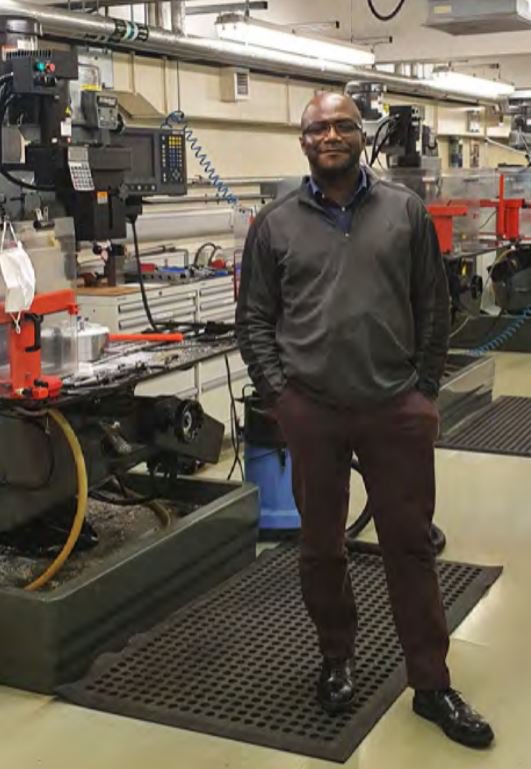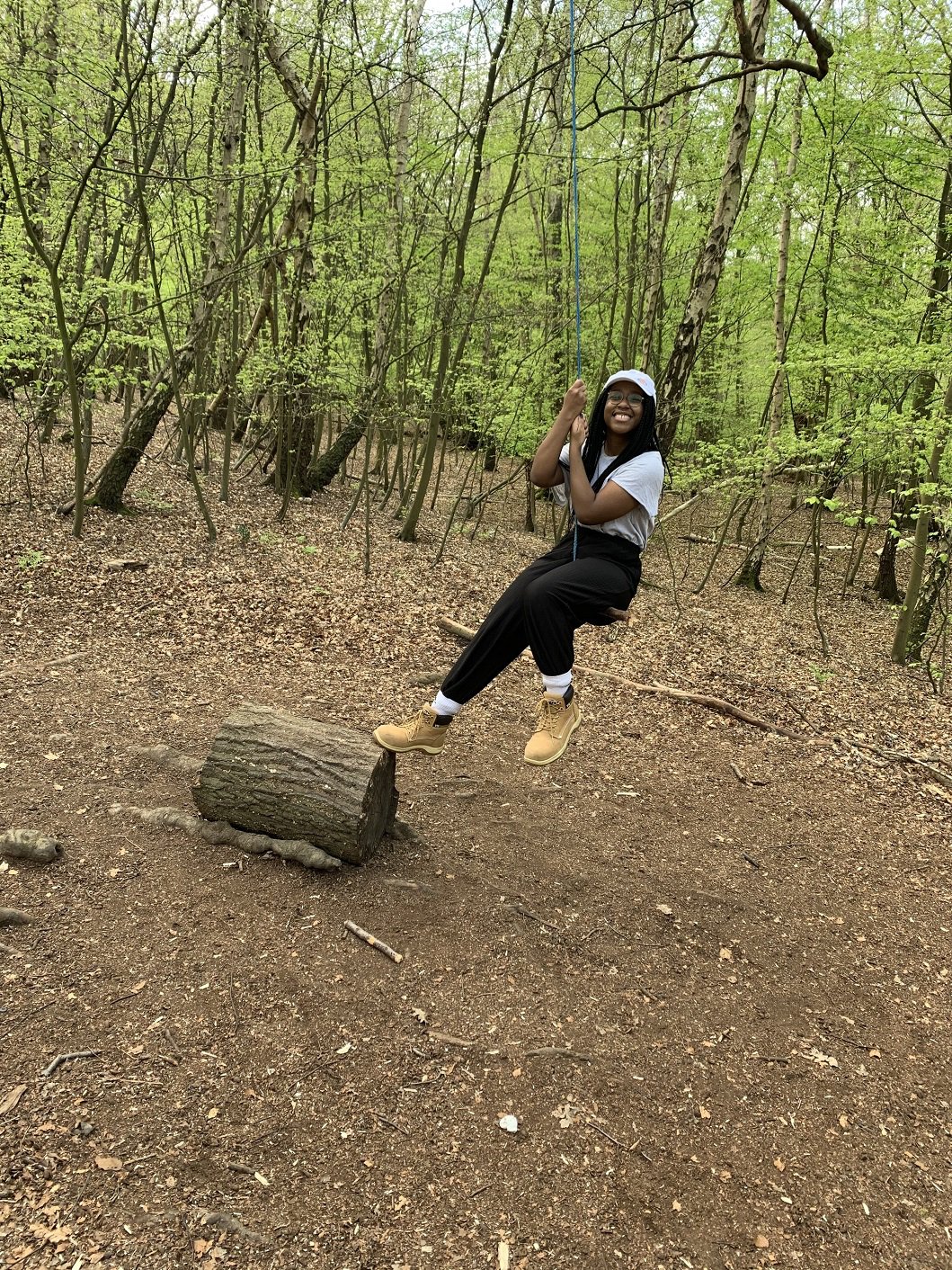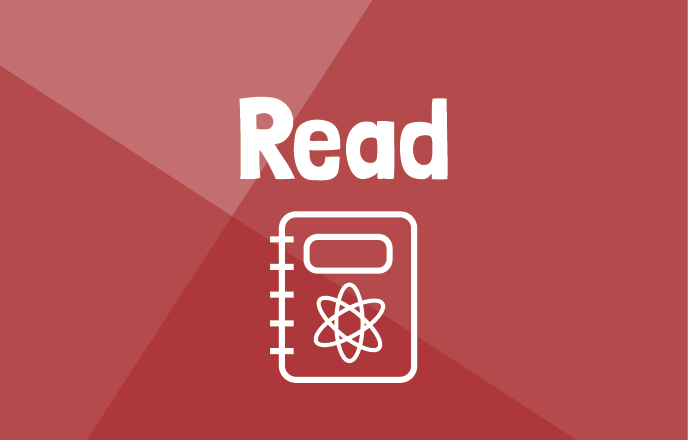
We've teamed up with the Institute of Physics to help overcome the stereotypes that surround learning about physics, encourage parents to become great role models for this subject and to inspire children to enjoy learning more about science. Have a go at the activity below to show your child how physics can be relevant to their everyday life.
Physics career profiles
Together with your child, read the career profiles and talk about the interesting points you learn from these physics experts.
Paul Brown
What do you do?
I am a Workshop Manager – I work with physics researchers to create new equipment that helps us find out exciting things about the universe! Where did you grow up? I grew up in Croydon, South London, close to where Croydon airport used to be.
How did you get where you are now?
I started as an engineering apprentice in the 1980s, at a company which made products out of aluminum. They did this by pouring hot, liquid metal into a mould, letting it set, then opening the mould to take the parts out. One of the parts we made was the end of a toaster! I joined Imperial College Physics Department as a Junior Technician in July 1990 and became a workshop supervisor in the Optics section in 1997. I took my current role as the Mechanical Instrumentation Workshop Manager in 2005.
Why did you choose to do physics?
Is there anything in particular that you wanted to find out or a challenge you wanted to solve? I didn’t do physics at university but I use my engineering and design skills to help physics researchers make discoveries. The custom-built equipment that my team makes lets researchers do amazing experiments: from trying to measure the shape of an electron, to looking for water in the atmosphere of Jupiter! We also help physics students with their projects and provide equipment that they can use in their classes.
What do you do for your job? What does a typical day look like?
As the manager of the mechanical workshop, researchers bring me designs for equipment which they need. It’s my job to turn their designs into a reality! I check drawings over, order materials and tools, and give out jobs to my team. The machine shop houses lot of computer-controlled machines that we use to build new equipment. It is my responsibility to keep these vital machines up and running, so I often have to meet the engineers that repair them. The Health and Safety of my team is also important, and it is part of my job to make sure that everyone in the workshop is healthy and happy at work. Having started off as an apprentice, I am now part of the team that hires new apprentices and helps them to become technicians.
What’s the best thing about your job?
The best part of my job is to help others to make new discoveries and help people to learn. It’s great when we are credited for the part we have played in successful experiments. In February 2020 the European Space Agency Solar Orbiter mission was launched to study the Sun. At Imperial we built one of the ten instruments on board the spacecraft which will measure the Sun’s magnetic field. It’s really cool!
Outside of your job, do you have any hobbies? Or where are you happiest?
I went skiing for the first time about four years ago which I really enjoyed, and I’ve been every year since! Unfortunately, you can only do that for a week each year though! I would also like to play more golf one day.
What’s the best piece of advice you’ve ever been given?
Many times, when we judge others, we only see the destination – but don’t know their journey. Has your work changed at all since the start of this year? It’s changed quite a bit! Because of COVID-19, we had to think about how to teach students this year. In the workshop we have been making lots of things to make up “lab-in-a-box” kits. These are DIY lab kits for students who can’t come to University because of the pandemic!

Kathryn Plummer
What do you do?
I’m a Patent Attorney – I work with inventors to help them make their inventions protected by law.
Where did you grow up?
I grew up in Waltham Abbey in Essex
How did you get where you are now?
Like you, I started off by going to school. I grew up, learnt how to play the piano, did my GCSEs and A Levels, and then I went to university to do a degree in Physics at Imperial College London. Each summer when I was studying, I spent some time getting work experience. One year I wrote computer code for an engineering company in Washington DC in the United States. Then I spent a whole year in France writing computer code to help understand the information coming from one of the European Space Agency’s satellites. I graduated in 2019 and now, here I am!
Why did you choose to do physics? Is there anything in particular that you wanted to find out or a challenge you wanted to solve?
When I was growing up, I loved to read books because I enjoyed finding out about worlds beyond my imagination. Studying physics made me feel the same! For example, I found out that the way regular sized objects behave is totally different to the way really tiny objects like atoms behave (which is what physicists call the quantum level). This made me feel like I was discovering a new world, inside the world that we live in. The amount that you can learn in physics is endless!
What do you do for your job? What does a typical day look like?
I am a Patent Attorney – this means I work with inventors to make sure that they legally own their inventions, and nobody else can copy them. A patent is proof that it is their invention and has to be given by somebody called a patent examiner. A typical day in my job starts with reading about a new invention. If an examiner doesn’t want to give them a patent I have to work out what to do. Sometimes I agree that something looks wrong so I’ll help the inventor to describe the invention in a different way. But, if I don’t agree with the examiner - which is always more fun - then I will send them lots of reasons why the inventor deserves a patent.
What’s the best thing about your job?
The best thing about my job is learning about completely new inventions and new types of 12 technology every day. My favourite things that I’ve learnt about are magnetic wind turbines, and ultrasonic medical equipment.
What’s the best piece of advice you’ve ever been given?
If you ever find yourself feeling nervous about your ideas, you should remember that you’ve worked hard to get where you are, so have the confidence to act like it!
Has your work changed at all since the start of this year?
Luckily enough, I have been able to do all of my work from home. Whenever I have meetings they’re over skype, so I definitely miss seeing my colleagues in person!

